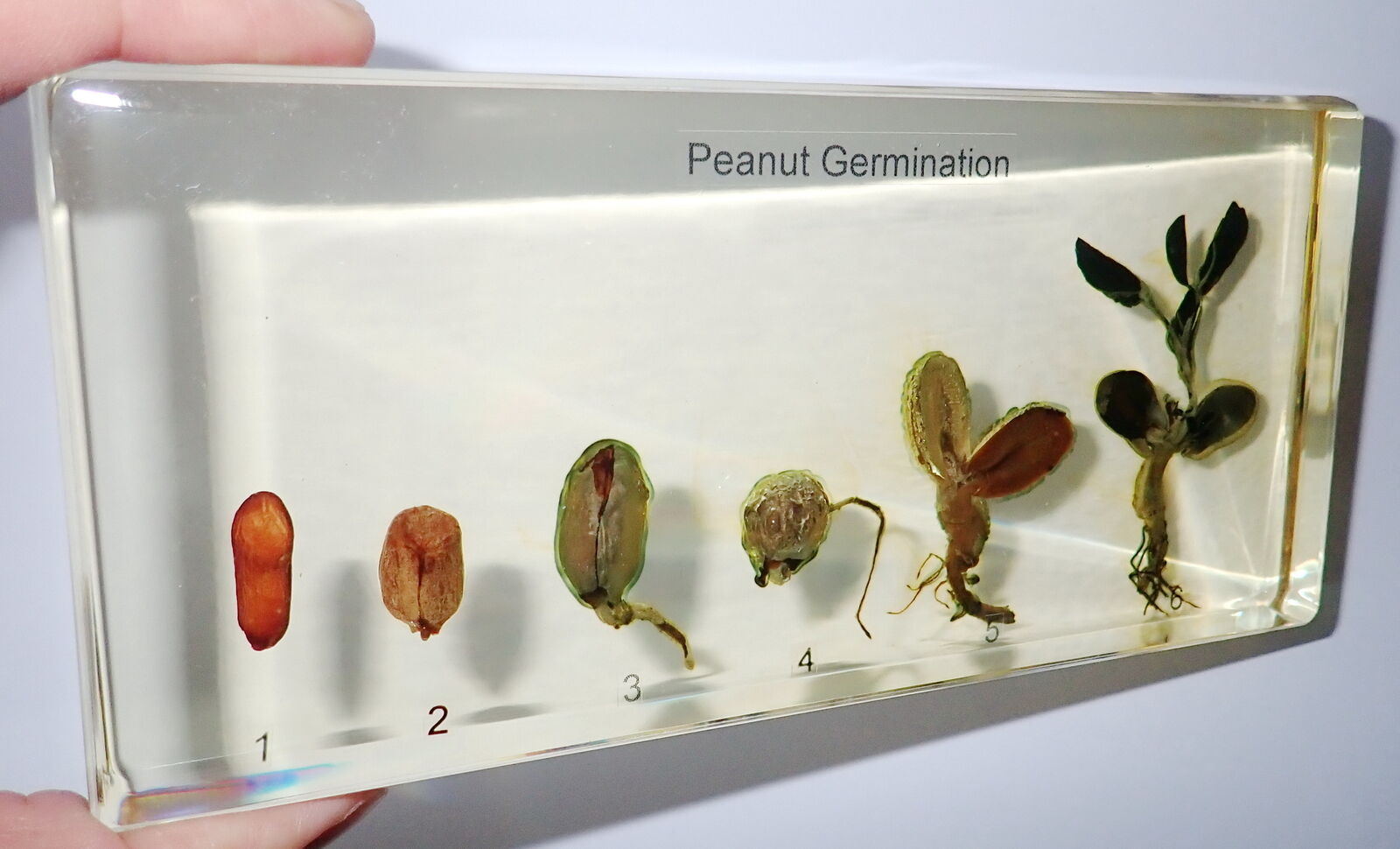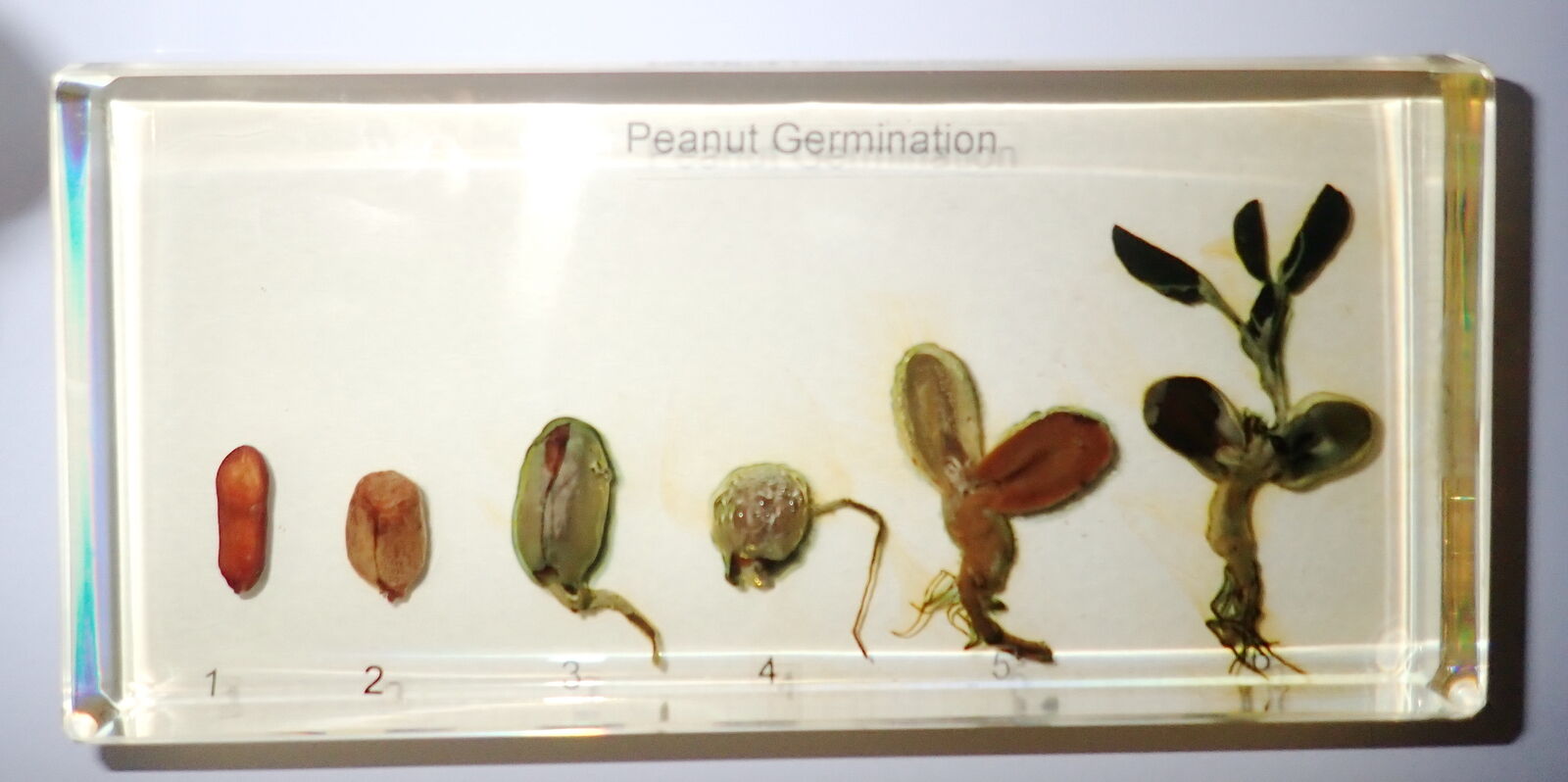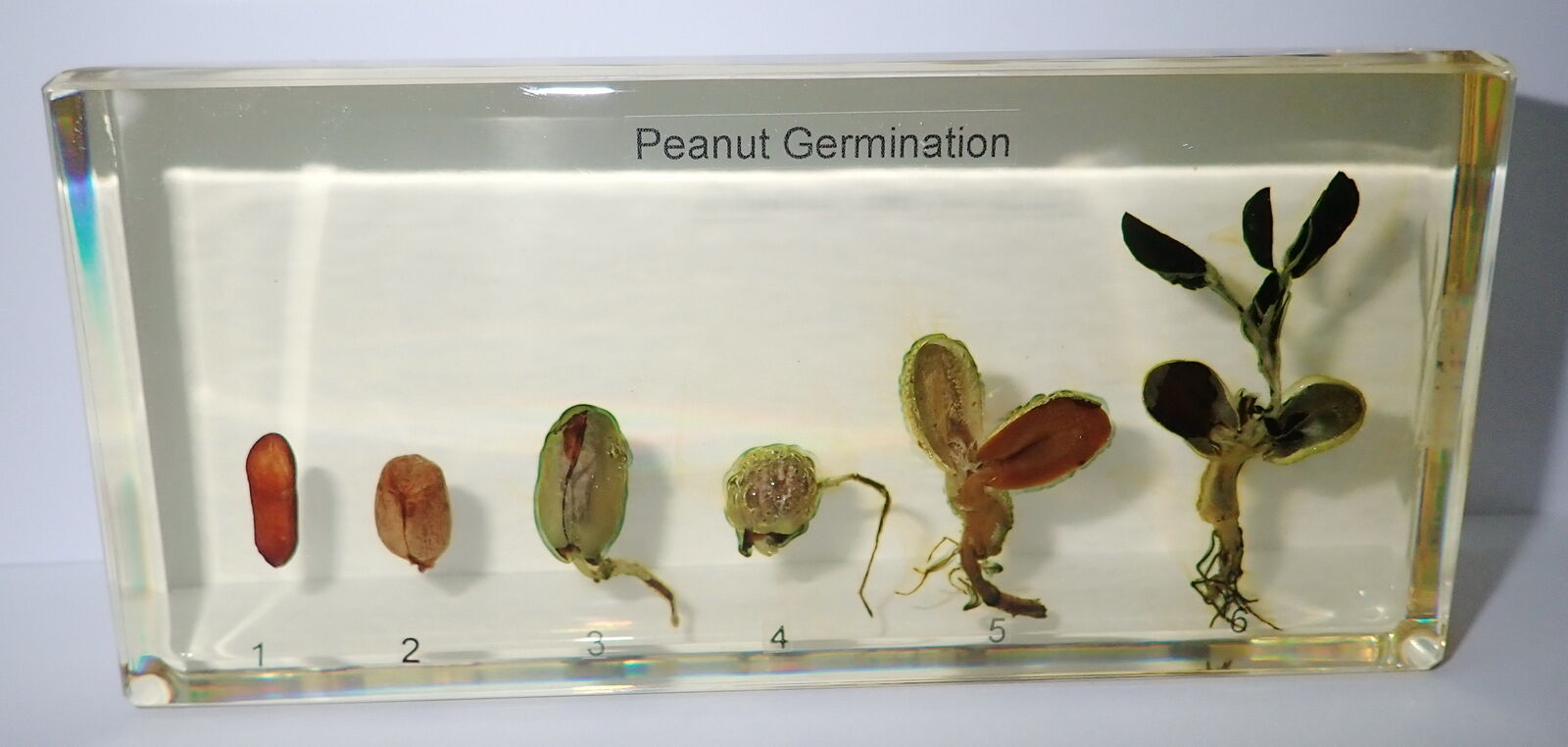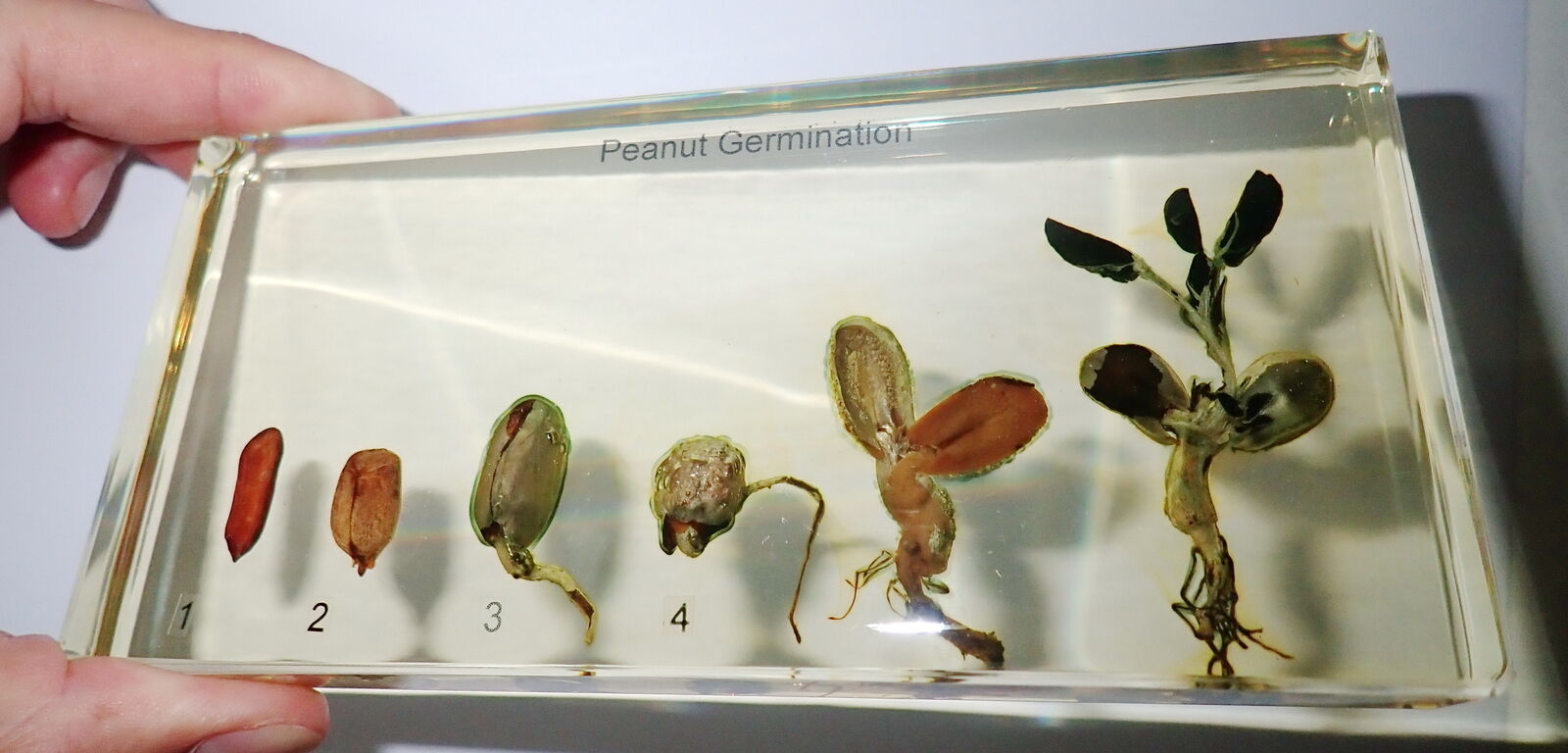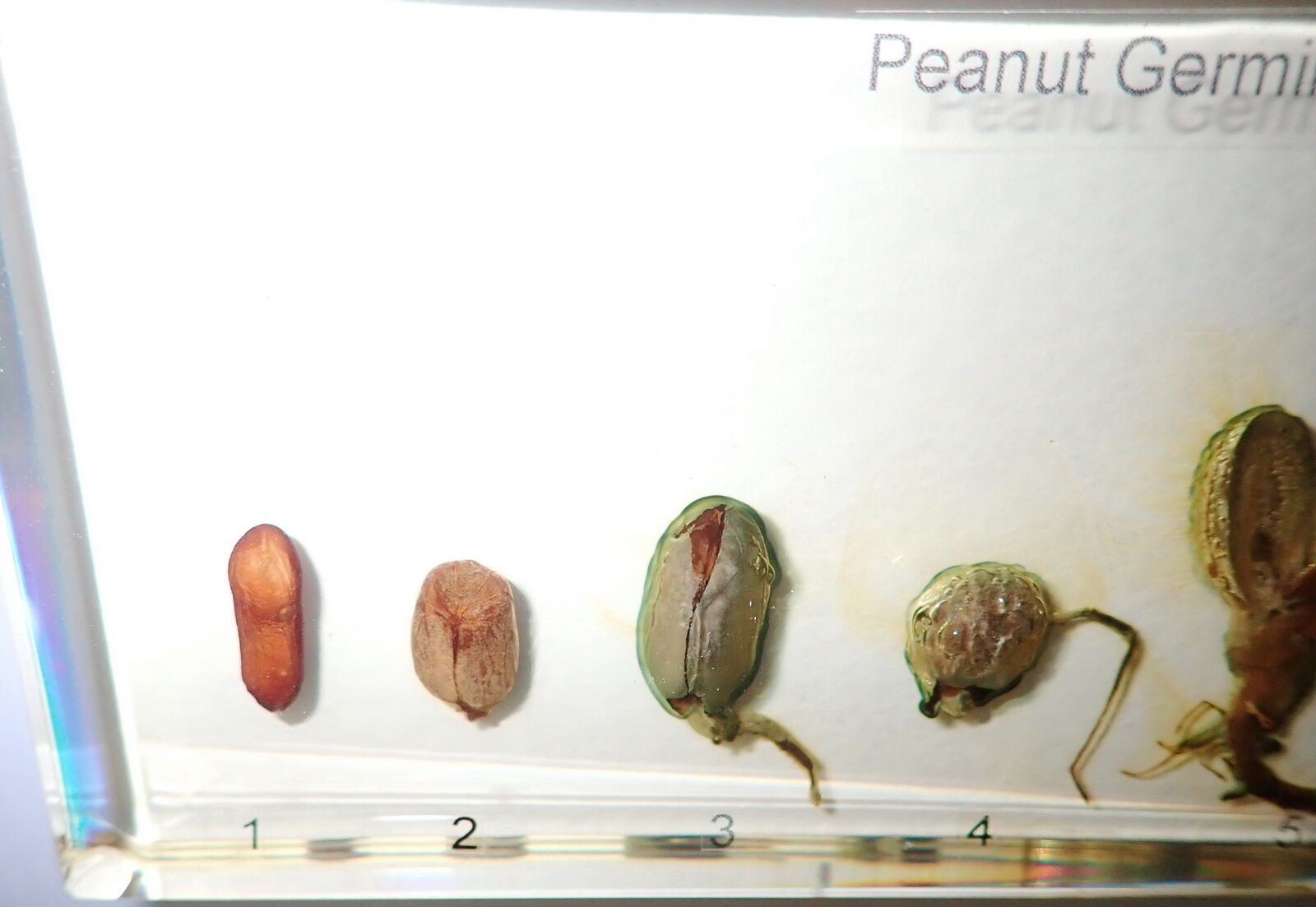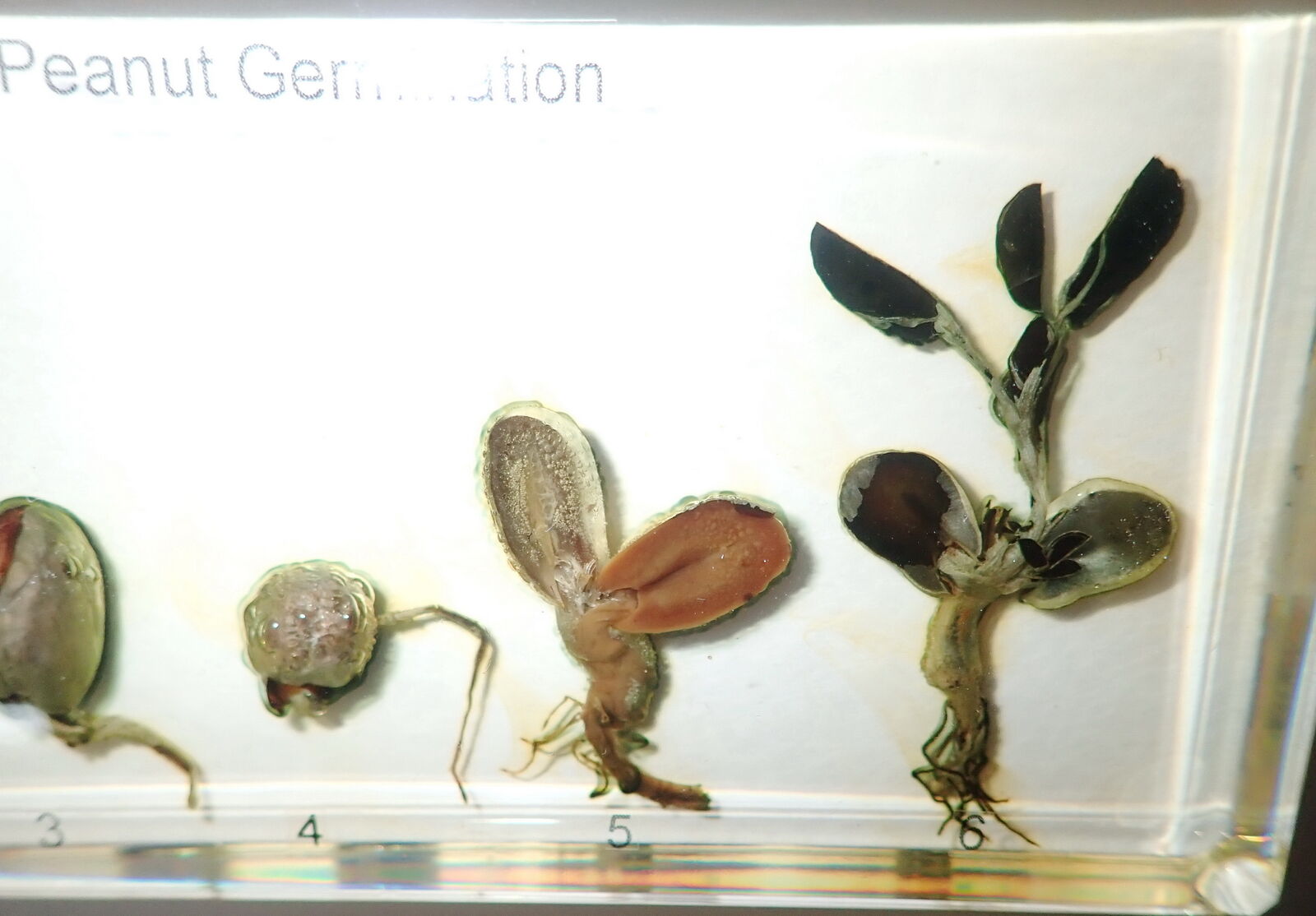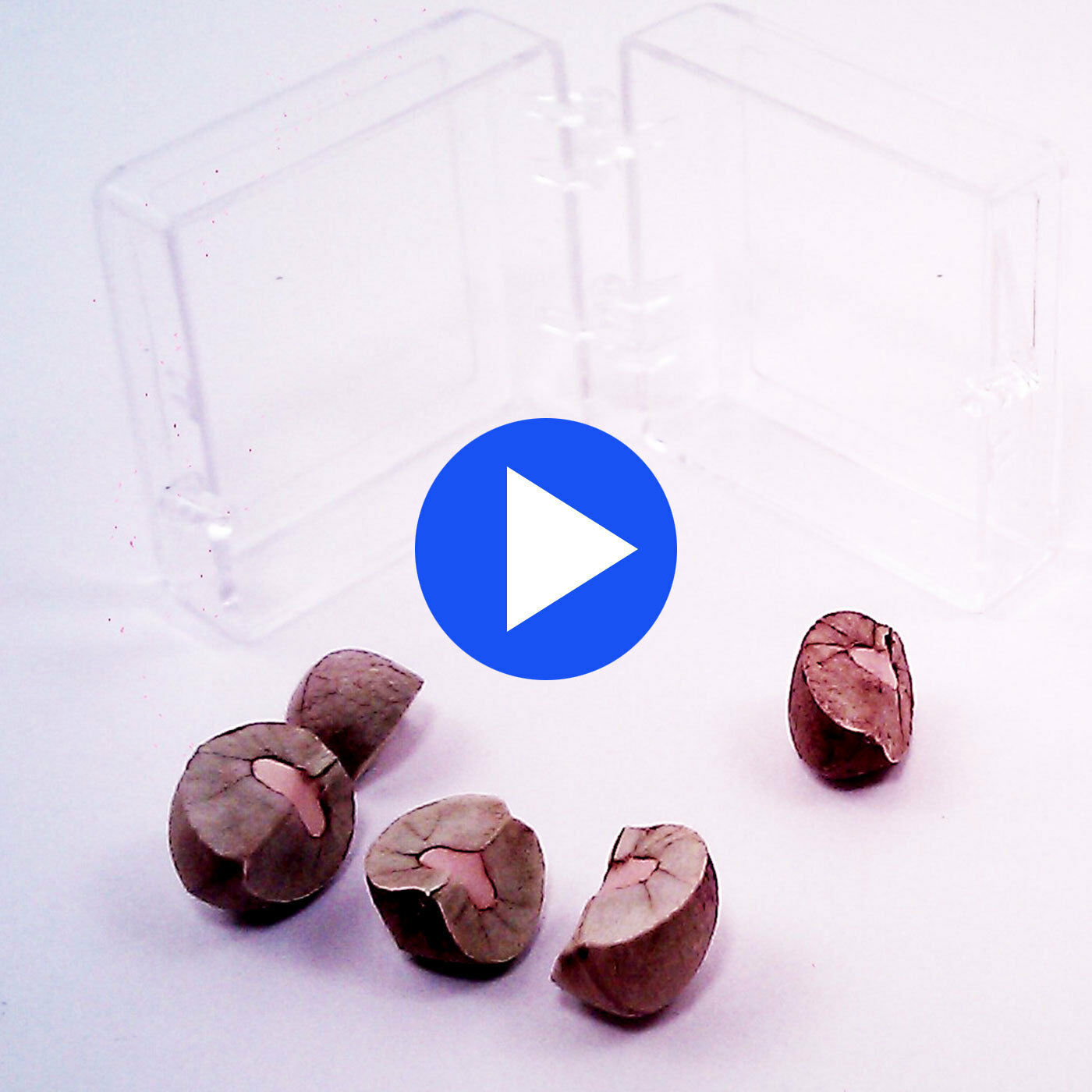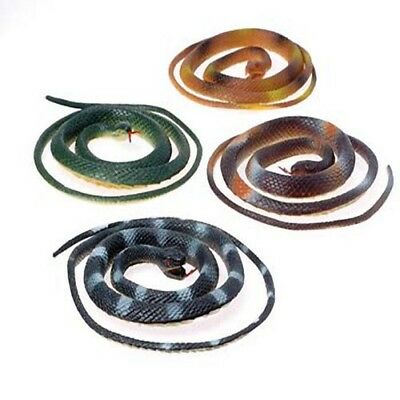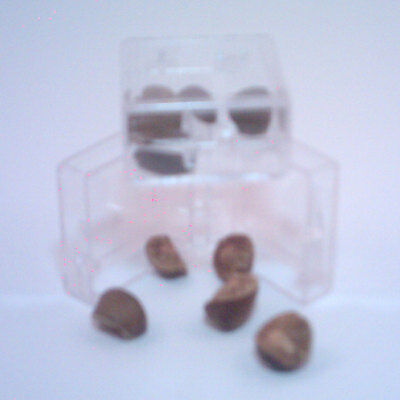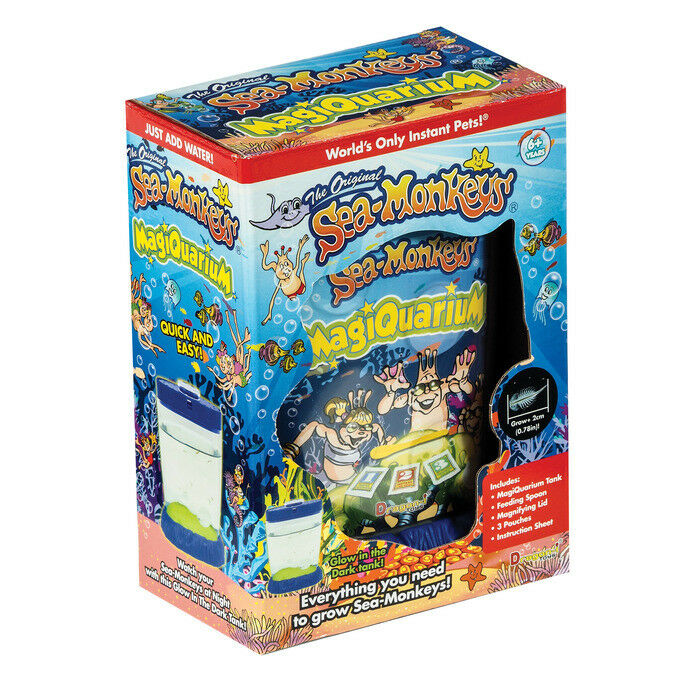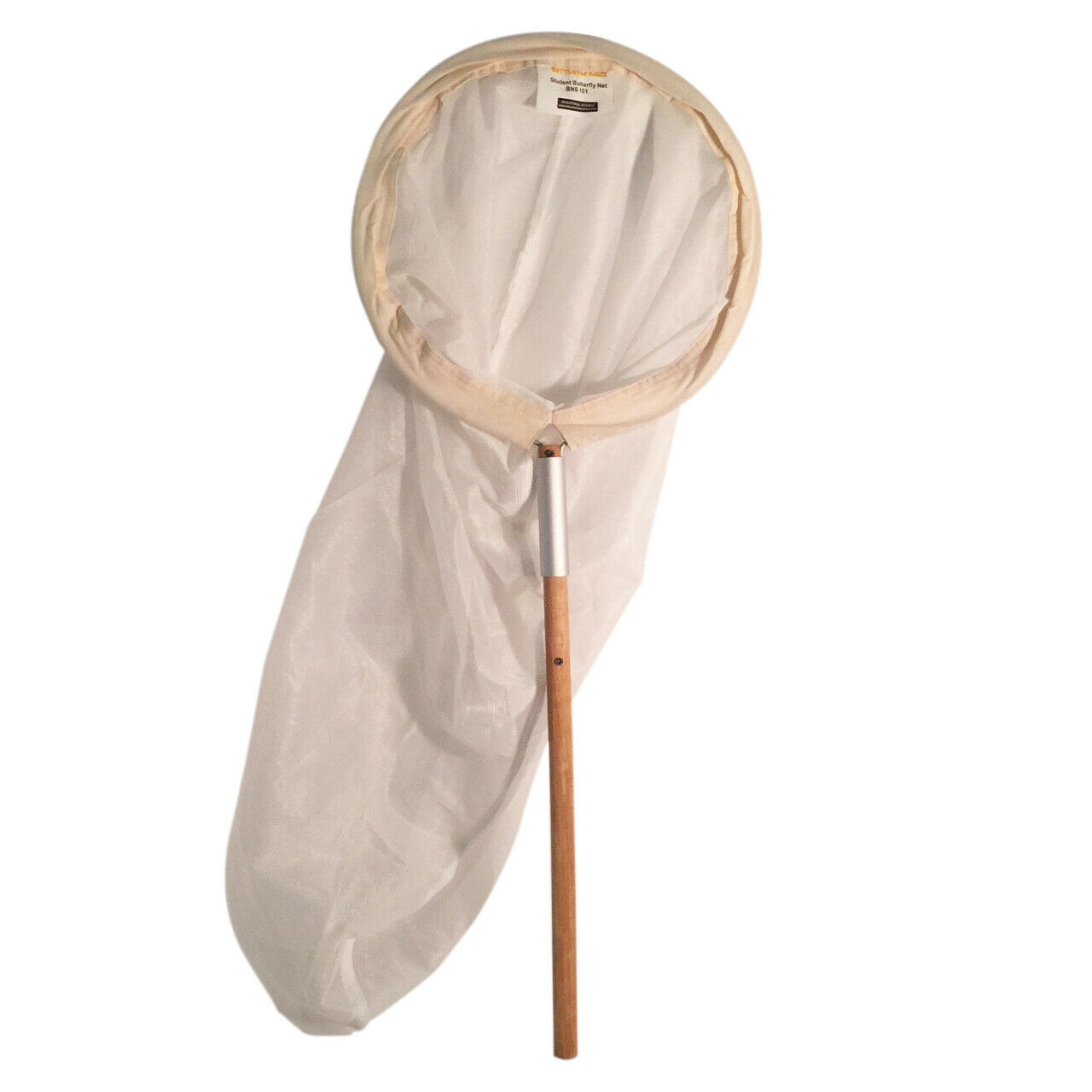-40%
Peanut 6 Stages Germination Set Education Plant Specimen in Amber Clear Block
$ 12.14
- Description
- Size Guide
Description
Real Peanut (Peanut - Arachis hypogaea) Germination (6 stages) specimen encased in amber clear lucite material. The specimen is crystal clear, indestructible and transparent. Safe, authentic and completely unbreakable product put real Peanut Germination right at your fingertips!Anyone can safely explore the specimen from every angle.
It is clear enough for microscope observation.
Size of the lucite block is 16.5x7.8x2.0 cm(6.5x3.1x0.8 inch).
Each one comes with a cardboard box for easy storage.
Weight of the lucite block is 480 g and 620 g with packing box.
The Nature Garden
Peanut 6 Stages Germination Set Education Plant Specimen in Amber Clear Block
Real
Peanut (
Peanut -
Arachis hypogaea
)
Germination (6 stages)
specimen encased in amber clear lucite material. The specimen is crystal clear, indestructible and transparent. Safe, authentic and completely unbreakable product put real Peanut Germination right at your fingertips!
Anyone can safely explore the specimen from every angle.
It is clear enough for microscope observation.
Size of the lucite block is 16.5x7.8x2.0 cm(6.5x3.1x0.8 inch).
Each one comes with a cardboard box for easy storage.
Weight of the lucite block is 480 g and 620 g with packing box.
It is an ideal learning aid for students and kids and also a very good collectible item for every body.
1) Seed 2) Germinate 3) Sprout 4) Taproot & Lateral Roots 5) Young Stem 6) Leaves
This is a handmade real specimen craft. Each one will be a bit different (specimen size, color and posture) even in the same production batch.
The pictures in the listing are just for reference as we are selling multiple pieces with same pictures.
***
Peanut -
Arachis hypogaea
Order: Fabales
Family: Fabaceae
Subfamily: Faboideae
Tribe: Aeschynomeneae
Genus:
Arachis
Species:
A. hypogaea
The
peanut
, or
groundnut
(
Arachis hypogaea
), is a species in the legume "bean" family (Fabaceae). The cultivated peanut was likely first domesticated in the valleys of the Paraguay and Parana rivers in the Chaco region of Paraguay and Bolivia.[1] It is an annual herbaceous plant growing 30 to 50 cm (0.98 to 1.6 ft) tall. The leaves are opposite, pinnate with four leaflets (two opposite pairs; no terminal leaflet), each leaflet 1 to 7 cm (⅜ to 2¾ in) long and 1 to 3 cm (⅜ to 1 inch) broad. The flowers are a typical peaflower in shape, 2 to 4 cm (¾ to 1½ in) across, yellow with reddish veining. After pollination, the fruit develops into a legume 3 to 7 cm (1.2 to 2.8 in) long, containing 1 to 4 seeds, which forces its way underground to mature.
Hypogaea
means "under the earth."
Peanuts are known by many local names, including
earthnuts
,
ground nuts
,
goober peas
,
monkey nuts
,
pygmy nuts
and
pig nuts
. The term "Monkey nut" is often used to mean the entire pod. (The terms
earthnut, groundnut
and
pignut
can also refer to Conopodium majus or to tubers of the Bunium family.)
The orange veined, yellow petaled, pea-like flower of the
Arachis hypogaea
is borne in auxiliary clusters above ground. Following self-pollination, the flowers fade and wither. The stalk at the base of the ovary, called the pedicel, elongates rapidly, and turns downward to bury the fruits several inches in the ground, where they complete their development. When the seed is mature, the seed coat (mesocarp) changes color from white to a reddish brown. The entire plant, including most of the roots, is removed from the soil during harvesting.
The pods act in nutrient absorption. The fruits have wrinkled shells that are constricted between pairs of the one to four (usually two) seeds per pod. The mature seeds resemble other legume seeds such as beans, but they have paper-thin seed coats, rather than the usual, hard legume seed coats.
Peanuts grow best in light, sandy loam soil. They require five months of warm weather, and an annual rainfall of 500 to 1,000 mm (20 to 39 in) or the equivalent in irrigation water.
The pods ripen 120 to 150 days after the seeds are planted. If the crop is harvested too early, the pods will be unripe. If they are harvested late, the pods will snap off at the stalk, and will remain in the soil.
Peanuts are particularly susceptible to contamination during growth and storage. Poor storage of peanuts can lead to an infection by the mold fungus
Aspergillus flavus
, releasing the toxic substance aflatoxin. The aflatoxin-producing molds exist throughout the peanut growing areas and may produce aflatoxin in peanuts when conditions are favorable to fungal growth.
Harvesting occurs in two stages. In mechanized systems a machine is used to cut off the main root of the peanut plant by cutting through the soil just below the level of the peanut pods. The machine lifts the "bush" from the ground and shakes it, then inverts the bush, leaving the plant upside down on the ground to keep the peanuts out of the dirt. This allows the peanuts to dry slowly to a bit less than a third of their original moisture level over a period of 3–4 days. Traditionally, peanuts are pulled and inverted by hand.
After the peanuts have dried sufficiently, they are threshed, removing the peanut pods from the rest of the bush.
Item Specifics
Country of Manufacture :
China
Country/Region of Manufacture :
China
Brand :
Unbranded
UPC :
Does not apply
Gender :
Boys & Girls
Modified Item :
No
Payment
By Paypal
Shipping
Free shipping cost.
We send the goods to USA, Canada, UK, Australia, New Zealand, EU countries and some other European and Asian countries by E-express, a kind of fast postal service by Hong Kong Post. It usually takes about 6 to 10 working days for delivery.
We send the goods to other countries by registered airmail and will take about 8 to 14 working days for delivery.
Returns
Returns: We accept returns with any reason in 30 days.
Contact Us
We will answer buyer messages within 24 hours during working days.
The Nature Garden
From all around the world
DESCRIPTION
PAYMENT
SHIPPING
RETURN POLICY
CONTACT US
Peanut 6 Stages Germination Set Education Plant Specimen in Amber Clear Block
Real
Peanut (
Peanut -
Arachis hypogaea
)
Germination (6 stages)
specimen encased in amber clear lucite material. The specimen is crystal clear, indestructible and transparent. Safe, authentic and completely unbreakable product put real Peanut Germination right at your fingertips!
Anyone can safely explore the specimen from every angle.
It is clear enough for microscope observation.
Size of the lucite block is 16.5x7.8x2.0 cm(6.5x3.1x0.8 inch).
Each one comes with a cardboard box for easy storage.
Weight of the lucite block is 480 g and 620 g with packing box.
It is an ideal learning aid for students and kids and also a very good collectible item for every body.
1) Seed 2) Germinate 3) Sprout 4) Taproot & Lateral Roots 5) Young Stem 6) Leaves
This is a handmade real specimen craft. Each one will be a bit different (specimen size, color and posture) even in the same production batch.
The pictures in the listing are just for reference as we are selling multiple pieces with same pictures.
***
Peanut -
Arachis hypogaea
Order: Fabales
Family: Fabaceae
Subfamily: Faboideae
Tribe: Aeschynomeneae
Genus:
Arachis
Species:
A. hypogaea
The
peanut
, or
groundnut
(
Arachis hypogaea
), is a species in the legume "bean" family (Fabaceae). The cultivated peanut was likely first domesticated in the valleys of the Paraguay and Parana rivers in the Chaco region of Paraguay and Bolivia.[1] It is an annual herbaceous plant growing 30 to 50 cm (0.98 to 1.6 ft) tall. The leaves are opposite, pinnate with four leaflets (two opposite pairs; no terminal leaflet), each leaflet 1 to 7 cm (⅜ to 2¾ in) long and 1 to 3 cm (⅜ to 1 inch) broad. The flowers are a typical peaflower in shape, 2 to 4 cm (¾ to 1½ in) across, yellow with reddish veining. After pollination, the fruit develops into a legume 3 to 7 cm (1.2 to 2.8 in) long, containing 1 to 4 seeds, which forces its way underground to mature.
Hypogaea
means "under the earth."
Peanuts are known by many local names, including
earthnuts
,
ground nuts
,
goober peas
,
monkey nuts
,
pygmy nuts
and
pig nuts
. The term "Monkey nut" is often used to mean the entire pod. (The terms
earthnut, groundnut
and
pignut
can also refer to Conopodium majus or to tubers of the Bunium family.)
The orange veined, yellow petaled, pea-like flower of the
Arachis hypogaea
is borne in auxiliary clusters above ground. Following self-pollination, the flowers fade and wither. The stalk at the base of the ovary, called the pedicel, elongates rapidly, and turns downward to bury the fruits several inches in the ground, where they complete their development. When the seed is mature, the seed coat (mesocarp) changes color from white to a reddish brown. The entire plant, including most of the roots, is removed from the soil during harvesting.
The pods act in nutrient absorption. The fruits have wrinkled shells that are constricted between pairs of the one to four (usually two) seeds per pod. The mature seeds resemble other legume seeds such as beans, but they have paper-thin seed coats, rather than the usual, hard legume seed coats.
Peanuts grow best in light, sandy loam soil. They require five months of warm weather, and an annual rainfall of 500 to 1,000 mm (20 to 39 in) or the equivalent in irrigation water.
The pods ripen 120 to 150 days after the seeds are planted. If the crop is harvested too early, the pods will be unripe. If they are harvested late, the pods will snap off at the stalk, and will remain in the soil.
Peanuts are particularly susceptible to contamination during growth and storage. Poor storage of peanuts can lead to an infection by the mold fungus
Aspergillus flavus
, releasing the toxic substance aflatoxin. The aflatoxin-producing molds exist throughout the peanut growing areas and may produce aflatoxin in peanuts when conditions are favorable to fungal growth.
Harvesting occurs in two stages. In mechanized systems a machine is used to cut off the main root of the peanut plant by cutting through the soil just below the level of the peanut pods. The machine lifts the "bush" from the ground and shakes it, then inverts the bush, leaving the plant upside down on the ground to keep the peanuts out of the dirt. This allows the peanuts to dry slowly to a bit less than a third of their original moisture level over a period of 3–4 days. Traditionally, peanuts are pulled and inverted by hand.
After the peanuts have dried sufficiently, they are threshed, removing the peanut pods from the rest of the bush.
Item Specifics
Country of Manufacture :
China
Country/Region of Manufacture :
China
Brand :
Unbranded
Gender :
Boys & Girls
Modified Item :
No
Payment
By Paypal
Shipping
Free shipping cost.
We send the goods to USA, Canada, UK, Australia, New Zealand, EU countries and some other European and Asian countries by E-express, a kind of fast postal service by Hong Kong Post. It usually takes about 6 to 10 working days for delivery.
We send the goods to other countries by registered airmail and will take about 8 to 14 working days for delivery.
Returns
Returns: We accept returns with any reason in 30 days.
Contact Us
We will answer buyer messages within 24 hours during working days.
All right reserved.
Shop Category
Store Home
Fossils
◈ Insects
◈ Trilobite
◈ Sea animals
Tektite
◈ Loose lots
◈ Single stone
◈ Tektite carvings
Lapis Lazuli
▷ Polished stones
♢ Loose lots
♢ Single stones
▷ Rough stones
♢ Loose lots
♢ Single stone
◈ Craft items
Turquoise
◈ Natural turquoise
◈ Turquoise substitutes
Stone carving
Rough Stone & mineral
◈ Single piece
◈ Loose lots
Polished Stone & mineral
◈ Single piece
◈ Loose lots
Rough ruby & sapphire
◈ Ruby
◈ Sapphire
Star Ruby & Sapphire
◈ Star Ruby - Opaque
◈ Star Ruby - Transparent
◈ Blue Star Sapphire
◈ Star Sapphire - other colors
Animal specimen items
◈ Single specimen
◈ Life cycle
◈ Collection set
◈ Key ring
◈ Bracelet or bangle
◈ Necklace or pendant
◈ Magnet
◈ Ring
◈ Hanger
◈ Cabochon
◈ Sphere, ball
◈ Laminated specimen
◈ Computer mouse
◈ Stapler
◈ Pen
◈ Bottle Opener
◈ Dome paperweight
◈ Earring
◈ Skeleton
◈ Fish
◈ Butterfly
Plant specimen
◈ Flower
◈ Leaf
◈ Life Cycle
◈ Collection Set
◈ Laminated items
◈ Seed or root
Stone, mineral, fossil box set
Paper Cuts
Jewelry crafts
Other
Hot Item
Black Indochinite Tektite Stone 10 pieces Plastic Box Set Natural Specimen Kit
USD 14.00
10 Mohs Scale Stone Set clear plastic box Learning Real Specimen Kit
USD 16.00
Fine Ground Cinnabar Crystal Tiny pieces 40 gram Lot
USD 18.00
Insect Large Key Ring Tarantula Spider H. huwenum Specimen Glow in the dark
USD 11.00
Bat Skeleton GREATER BAMBOO BAT in Clear Block Education Real Animal Specimen
USD 16.00
Picture
New List Item
Clear Ashtray Coffee Beans embedded Glow in the dark
USD 9.99
Large TARANTULA Spider Golden Earth Tiger Specimen in 95 mm Square Paperweight
USD 32.99
Insect Key Ring Black Stag Beetle Specimen SK09 Amber Clear 2 Pieces Lot
USD 8.99
Insect Key Ring Blue Rose Chafer Beetle Specimen SK09 Amber Clear 2 Pieces Lot
USD 8.99
Insect Key Ring Black Rose Chafer Beetle SK09 Amber Clear 2 Pieces Lot
USD 8.99
Custom Item
Powered by SoldEazy
